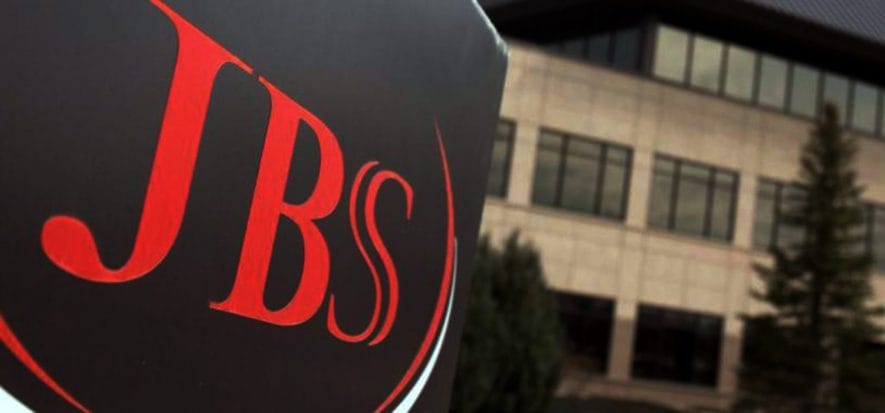100 million in 3 months. Such is the investment JBS have carried out to enhance safety standards in their own manufacturing plants.
They have made use of that amount of money (100 million reals, that is, 16.3 million euros) for several and different purposes: both for preventing CRV outbreak amongst their 130,000 employees and ensuring, at the same time, their own food safety.
100 million in 3 months
From March to June, the Brazilian meat giant invested 100 million reals (about 16.3 million euros) in several actions: among others, they purchased some products for sanitisation and some equipment for personal protection and safety. In addition, they also bought over 2,000 digital thermometers; on top of that, they used part of the money to enlarge by 49% the company’s fleet of buses employees usually take to come to work.
Finally, yet importantly, they spent some money to engage a team of health experts on their advisory capacity.
Company doctors
A group of qualified infectious disease specialists, led by MD Adauto Castelo, closely cooperated with Brazilian health authorities to set appropriate programs and specific protocols for JBS and their employees.
Talking about some of the most important actions they have taken, besides the revision of facilities’ internal organization, the company hired 10,000 new workers to replace those employees they considered to be at higher risk.
Who specifically? The over-60s alongside pregnant women, for example. Doctors engaged by the company itself have been taking care of all employees who turned out to be positive after the test; those who had no symptoms, instead, were urged to stay at home in quarantine, waiting for full recovery.
“Actions taken by JBS in their own plants, along with procedures and treatments they have implemented, are going to provide employees with top-notch safety standards and high- quality safeguard. We may well compare such measures to the ones we apply in the reference health and hospital institutes”, emphasized MD Adauto Castelo.
Safety and traceability
Moreover, in the last few weeks the Brazilian company launched an app on demand, directed at its own suppliers, for tracing and tracking transportation of cattle.
The name given to this tool is UBOI. The application, which reminds (to some extent) of Uber platform, might drastically change livestock provision. In Brazil, at least. Through the app, farmers may get access to a number of data and information about the lorry fleet of JBS Transportadora division.
Farmers using such tool will be able to see, for example, the driver’s name, the lorry licence plate, all services carried out by the driver and evaluation comments, posted by users.
Furthermore, they will be able to follow the whole of transportation stages, including cattle loading and unloading.
The service will be running 24 hours around the clock.
Read also:
- JBS launch UBOI, the first app on demand for transportation of cattle
- US Department of Justice investigates the four meat majors
- JBS first quarter goes well (+27.3%) despite virus effects










